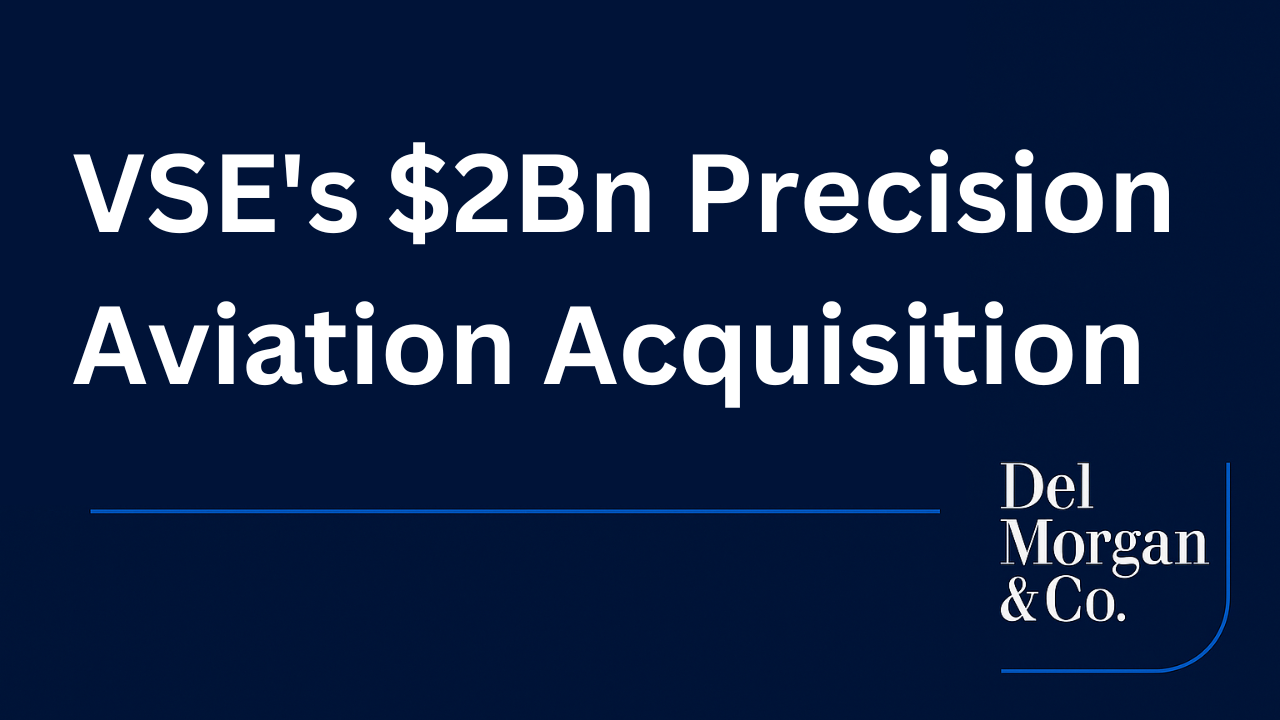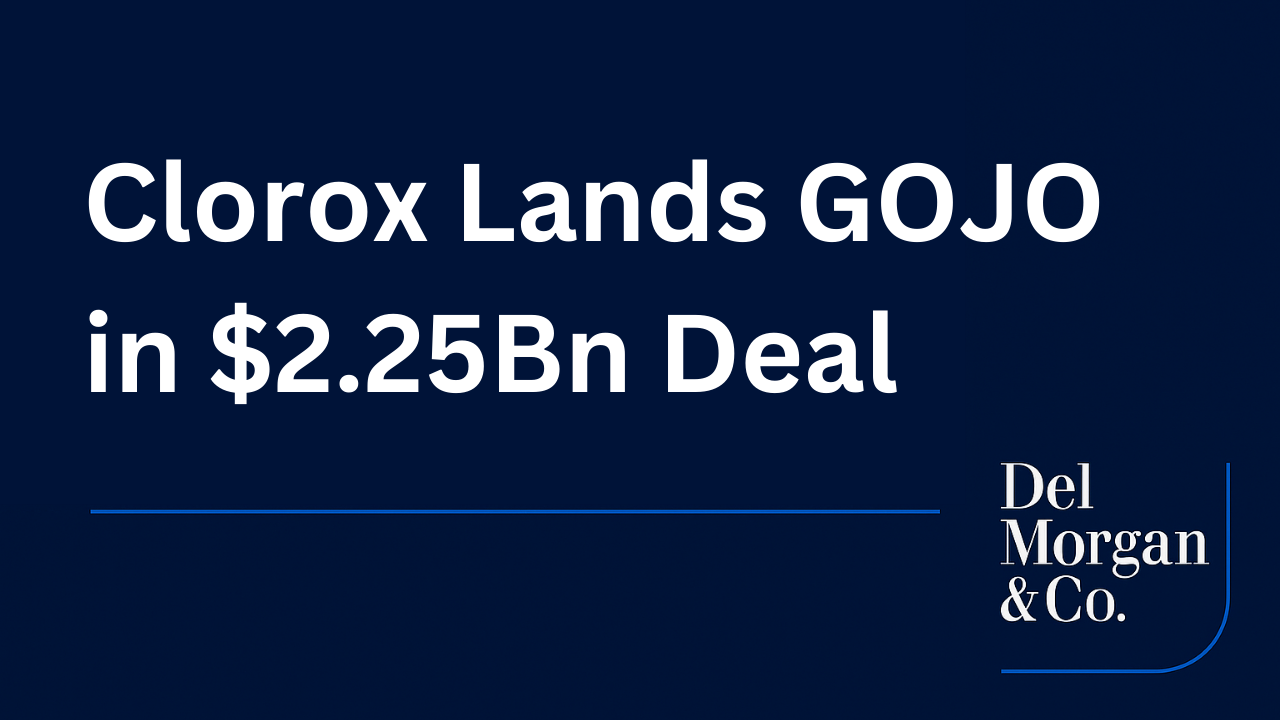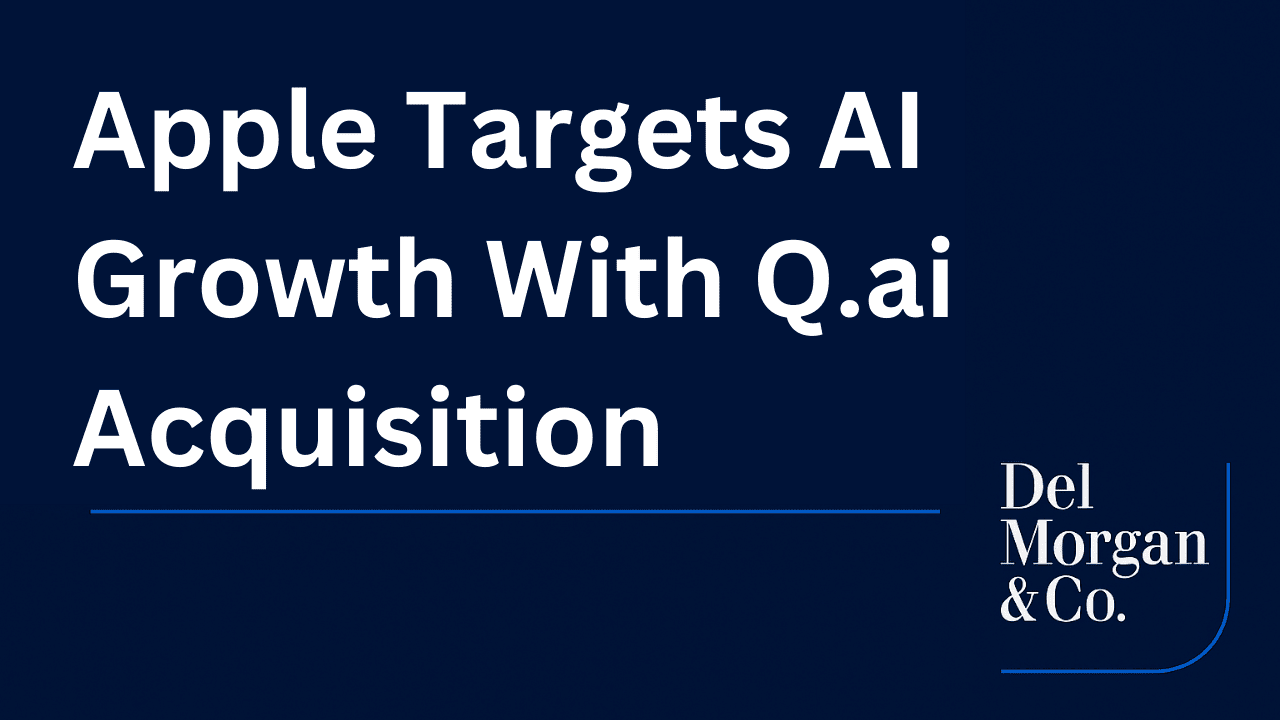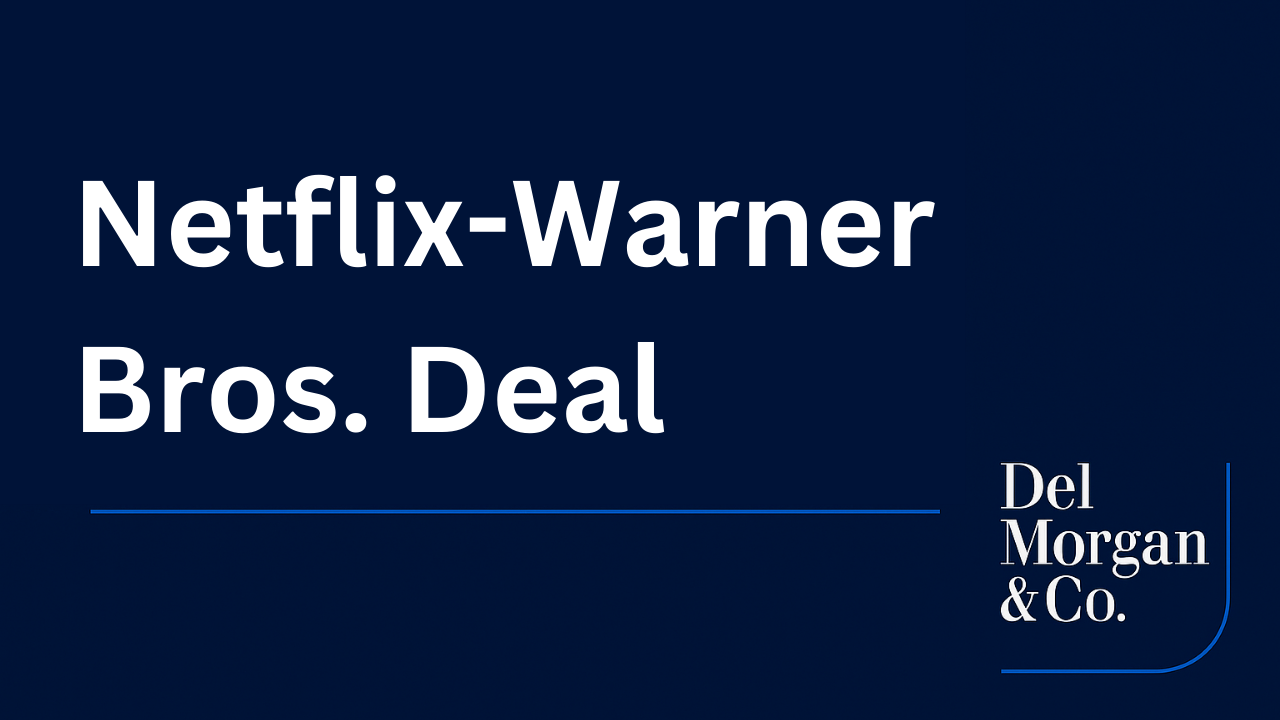On November 3, 2025, Denny’s announced it has agreed to be taken private in an all-cash transaction valued at approximately $620 million (including debt). The deal is led by private equity firm TriArtisan Capital Advisors in partnership with Treville Capital Group and franchisee group Yadav Enterprises. Under the agreement, shareholders will receive $6.25 per share in cash, representing a premium of roughly 52% over the prior closing price. Pending regulatory and shareholder approvals, the transaction is expected to close in the first quarter of 2026.
Denny’s has faced a challenging operating environment driven by evolving consumer preferences, inflationary pressures and declining same-store sales. The decision to go private marks a strategic shift away from the short-term demands of the public markets toward a different capital structure and more flexible operating model.

Strategic Implications for Denny’s and Its Stakeholders
By going private, Denny’s will step away from the quarterly reporting cycle and the volatility of public markets. The transaction provides access to private capital that management and new ownership intend to allocate toward restaurant remodels, menu repositioning and operational improvement initiatives. Denny’s franchise-heavy structure aligns well with the acquirers’ strategy of leveraging scale and efficiency across the casual dining sector.
For shareholders, the transaction offers a compelling exit valuation relative to recent trading levels. For employees, franchisees and suppliers, the new ownership may drive changes focused on cost optimization, technology enablement and digital transformation aimed at enhancing the customer experience.
Technology Sector Connections and Why It Matters
Although Denny’s operates primarily in the restaurant sector, the transaction intersects meaningfully with the technology ecosystem through digital platforms, data analytics, automation and private-equity technology deployment.
Digital Platforms and Consumer Engagement
Modern restaurant operators increasingly rely on digital channels, including mobile ordering, loyalty programs and delivery aggregator integrations. Private ownership enables Denny’s to pursue technology investment with greater agility and without the near-term earnings constraints of public markets. This dynamic may create incremental demand for vendors offering mobile ordering platforms, CRM tools, analytics dashboards and in-store digital infrastructure.
Technology providers could benefit as Denny’s and its investors prioritize modernization. The deal underscores how the convergence of food service and digital innovation is accelerating. Private equity ownership typically emphasizes scalable efficiency, which could result in expanded investment across workflow automation, supply chain optimization and customer engagement systems.
Data Analytics, AI and Operational Efficiency
Operating as a private entity should give Denny’s the flexibility to adopt AI-driven systems focused on customer segmentation, dynamic pricing, predictive maintenance and workforce management. These initiatives require significant technology spend and technical expertise, creating opportunities for software and data service providers.
The deal highlights a broader industry pattern: legacy consumer brands are evolving into data-driven enterprises that rely on software, hardware and digital infrastructure. Providers of analytics platforms, IoT devices, cloud computing and robotic kitchen equipment may increasingly target the restaurant vertical as digital transformation accelerates under private ownership.
Impact on Private Equity-Tech Investment Dynamics
The Denny’s transaction adds to a growing list of restaurant and consumer-service buyouts led by private equity. Technology modernization has often been a key component of value creation for these investors. For the technology sector, this suggests durable demand for enterprise software and operational transformation tools.
Technology firms, particularly those in SaaS, cloud infrastructure and digital operations, may view private equity as a structurally attractive customer base. As Denny’s transitions to private ownership, its technology spend could increase materially, benefiting vendors focused on digital enablement within consumer-facing industries.
Indirect Signals for Tech Sector Sentiment
While Denny’s is not a technology company, the willingness of investors to finance a turnaround rooted partly in digital modernization reflects sustained confidence in tech-driven value creation. The deal suggests continued appetite for technology adoption within legacy industries.
For both public and private technology firms, this reinforces that digital infrastructure, data systems and automation remain critical to competitiveness across the restaurant industry. The Denny’s transaction adds to the growing evidence that digital integration is now a strategic imperative rather than just a discretionary initiative.
Risks and Considerations for the Technology Sector
Despite the opportunity set, execution risk remains significant. Upgrading legacy systems, driving franchisee adoption and implementing unified digital solutions across a distributed footprint introduces significant complexity. For technology vendors, contract wins must translate into measurable returns on investment to sustain long-term relationships.
Moreover, as Denny’s transitions to private ownership, reduced disclosure will limit visibility into performance and technology execution, potentially complicating benchmarking and replication. Franchisee alignment will also be essential, as success depends on consistent adoption of centralized systems across independently operated units.
Macroeconomic pressures – including labor shortages, supply constraints and fluctuating consumer demand – may further influence Denny’s capacity to invest in technology. For vendors, this underscores the cyclical and timing-sensitive nature of enterprise adoption in the restaurant sector.
Implications for Vendors, Investors, and the Tech Ecosystem
For technology vendors, the Denny’s buyout reinforces the need to position solutions that drive operational efficiency and guest engagement in traditional industries. Platforms that can enable rapid deployment and seamless integration are likely to see sustained demand.
For investors and analysts, the transaction affirms that digital transformation remains a key investment theme across non-tech sectors. Companies facilitating analytics adoption, digital ordering, automation and cloud migration are poised to benefit as consumer brands continue to modernize.
For the broader technology ecosystem, the takeaway is clear: the boundary between technology and consumer services is increasingly porous. The Denny’s transaction both signals and accelerates that evolution. Firms focused solely on core software or cloud may overlook growth opportunities emerging in physical-world operations and consumer interaction systems.
Conclusion
The decision by Denny’s to go private in a $620 million all-cash buyout represents a significant inflection point for the brand and the consumer-services industry. While not a technology deal in the narrow sense, its implications for the tech sector are far-reaching. The move highlights how private equity ownership can catalyze digital transformation across legacy enterprises.
For the technology sector, the transaction implies growing demand for solutions spanning mobile engagement, data analytics, automation, IoT and franchise management systems. At the same time, successful execution will hinge on disciplined implementation, operational buy-in, and sustained consumer demand.
Ultimately, the Denny’s take-private reinforces a broader structural theme: technology has become an indispensable lever of value creation across all sectors. As similar transactions unfold, the technology industry should remain attentive to the accelerating digital reinvention of traditional business models.
About DelMorgan & Co. (delmorganco.com)
With over $300 billion of successful transactions in over 80 countries, DelMorgan‘s Investment Banking professionals have worked on some of the most challenging, most rewarding and highest profile transactions in the U.S. and around the globe. DelMorgan specializes in capital raising and M&A advisor services for companies across all industries and is recognized as one of the leading investment banking practices in Los Angeles, California and globally.
Learn more about DelMorgan’s Capabilities, Transactions, and why DelMorgan is ranked as the #1 Investment Bank in Los Angeles and #2 in California by Axial.









